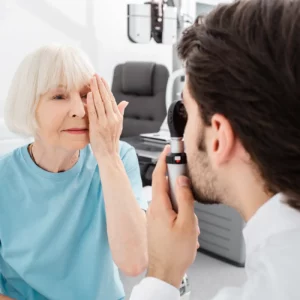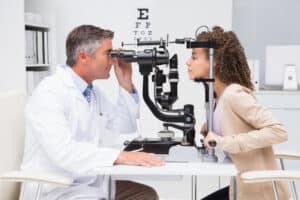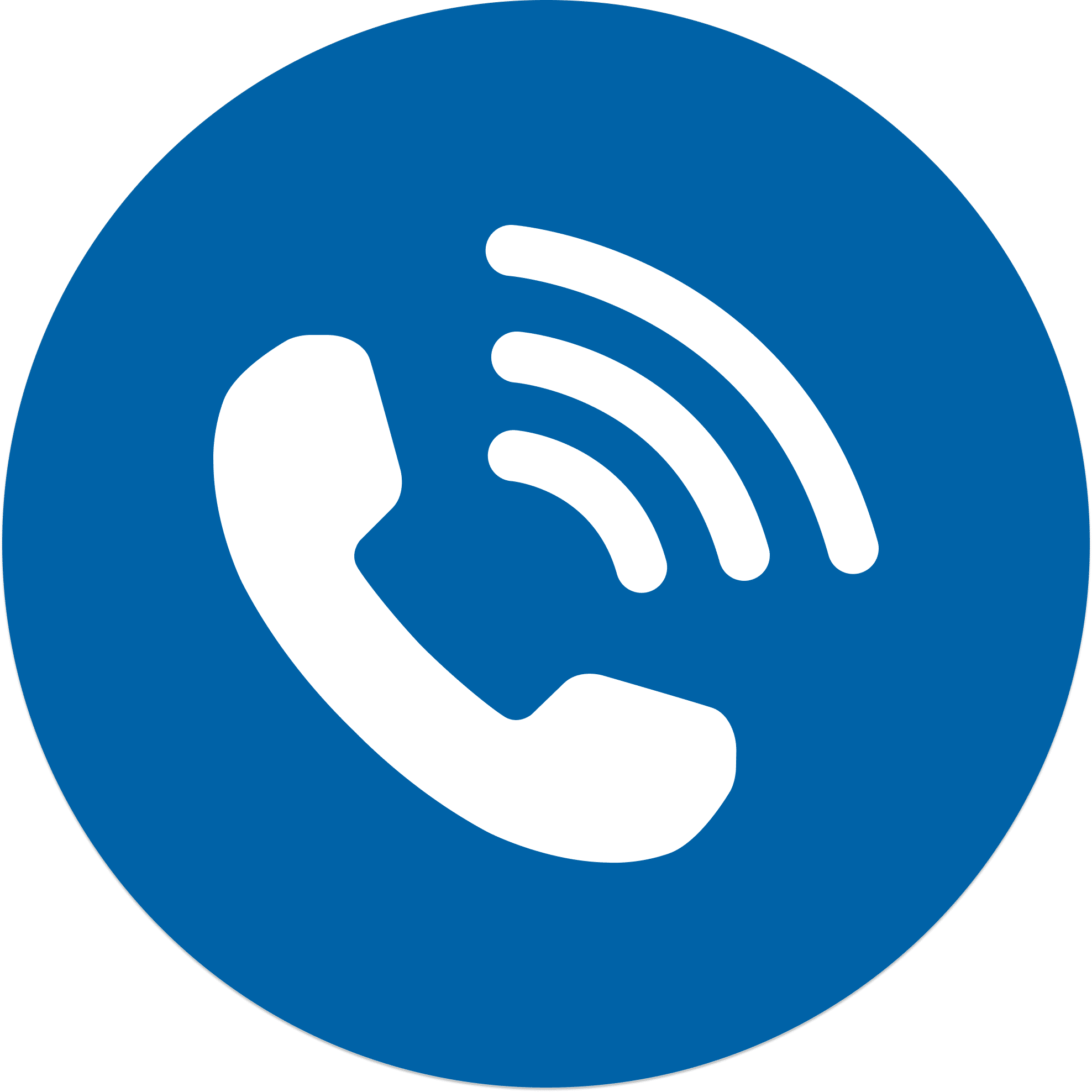The eyes are one of our greatest gifts. Our eyes allow us to guide ourselves through life and appreciate the beauty of our surroundings. When our eyes aren’t seeing life clearly, they can make everything a little harder. That’s why it’s so important to receive eye care and exams from a trusted eye clinic in the Cleveland, Ohio, area.
Cleveland Eye Clinic has been the leading group of eye care specialists throughout northeast Ohio since 1943. Cleveland Eye Clinic specializes in multiple areas of comprehensive eye care which includes routine eye exams. Whatever vision problem you are experiencing, Cleveland Eye Clinic has the solution for you.
The Importance of Routine Eye Exams
Routine eye exams are one of the most important factors in maintaining healthy eyes. Routine eye exams act as a form of preventive eye care that detects early developments of eye conditions and diseases and what avenues to take in terms of treatment.
Eye exams should be scheduled at least every two years. Consider making an annual trip for an eye exam if these categories apply to you: 
- You wear contacts or glasses
- You’re visually impaired
- Over the age of 60
- You have a chronic disease, such as diabetes
- You’re overweight or obese
- You have a family that has a history of eye diseases
What Happens At a Comprehensive Eye Exam?
So, what happens during an eye exam? We are going to walk you through the entire process so you know what to expect. You should expect your eyes to be dilated during testing.
Patient History
The first part of your comprehensive eye exam is to understand your vision history. This step is to give your eye specialist a firm understanding of your current and past problems. This portion will also cover when your eye or vision symptoms began, the medications you’re currently taking, family eye and vision history, and determining if any environmental factors may be affecting your vision.
An example to note is if your family has a history of glaucoma. In this case, you’ll need additional testing for glaucoma. The use of long-term medications, recurring headaches, and macular or central vision disruptions would all require additional testing as well.
Visual Acuity
Visual acuity is the calculation of how sharp your vision is by looking at objects at a certain distance. Your visual acuity is given a fractional score like “20/20.” Your score is determined by a test performed by your eye doctor that involves reading eye test charts.
The left number of the visual acuity fraction refers to the standard testing distance and the right number is the smallest letter size you were able to read.
Preliminary Tests
The preliminary test of your eye exam evaluates your depth perception, color vision, peripheral vision, eye muscle movements, and the way your pupils respond to light.
Keratometry/ Topography
The test of keratometry/topography is critical in determining the proper fit of future contact lenses if needed. During the test, a circular area of light will be used on the cornea to measure its reflection and curvature.
Refraction
The refraction part of the eye exam will assess the lens strength required to correct refractive errors like nearsightedness, farsightedness, or astigmatism. Your eye care specialist will use a phoropter to place several lenses in front of your eyes to gauge how each one focuses on light. Automated instruments may be used to assess focusing abilities. This test can be conducted with or without eye drops, depending on patient needs.
Eye Focusing, Eye Teaming, and Eye Movement Testing
For your eyes to see clear and single images, they must work together in unison to change focus and move. This assessment of ocular motility, binocular vision, and accommodation will determine how well your eyes work together to achieve movement and focus. This then determines what is preventing your eyes from achieving that.
Eye Health Evaluation

Next up is the evaluation of your eye health. Your eye specialist will use a variety of microscopes, lenses, and digital technology to assess the health of your eye’s structures and surrounding tissues. To get a better grasp of the structures within your eye, your eye specialist will often use dilating eye drops. This part of the exam also helps identify eye diseases.
Additional Testing
If findings are still uncertain, additional testing might be needed to get more in-depth and accurate results. Your eye specialist will want to make sure that the findings are clear so they can rule out possible problems and turn to the correct solutions for you.
Assessment and Evaluation
After all this has been completed, it’s time for your assessment and evaluation. Your eye specialist will examine the findings and discuss what they have found throughout your comprehensive eye exam. This includes any problems that your eyes are experiencing and the treatments to consider going forward.
Upon checkout, you’ll receive a summary of care. If medical examinations are required (these can take anywhere from one to three hours) glass prescriptions are offered but a refraction fee will be collected at checkout.
Eye Conditions Treated At Cleveland Eye Clinic
Below are the eye conditions we treat at Cleveland Eye Clinic:
- Cataracts
- Dry Eye Disease
- Glaucoma
- Astigmatism
- Diabetic Retinopathy
- Macular Degeneration
- Near Vision
Schedule An Eye Exam
Experiencing issues with your vision or eyes? Schedule an eye exam today with Cleveland Eye Clinic by using the online scheduler. Cleveland Eye Clinic provides you with a comprehensive eye exam and gets you the eye care you need.








